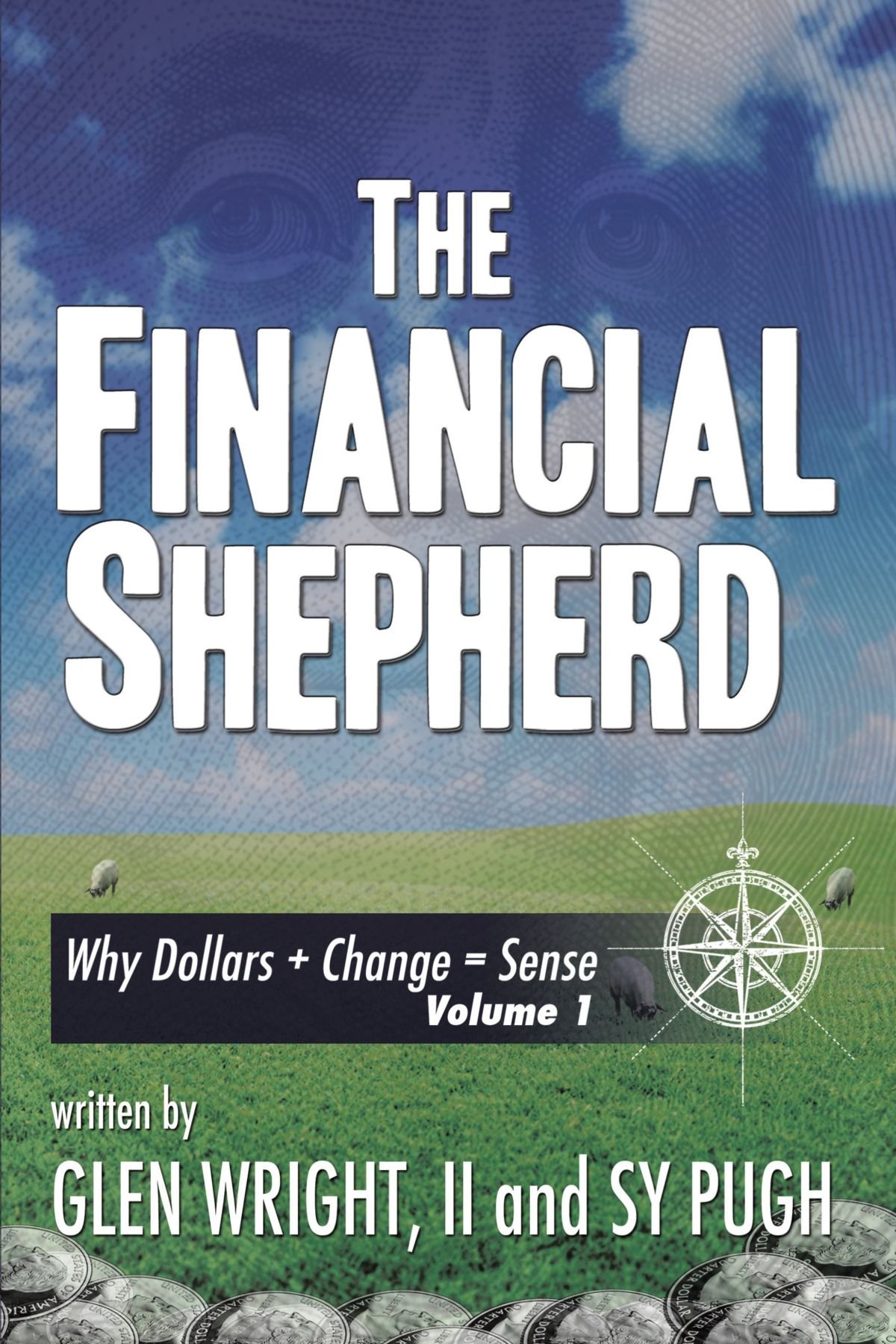H. GREG GOODLETT- Chief Investment Officer
When will inflation peak ? How long will the Federal Reserve continue to raise interest rates? Will we incur a recession, and if so, how severe will the downturn be? Anyone who is 100% confident in their ability to forecast where the markets are headed during this period of the economic cycle is, in technical terms, non compos mentis. We are coming out of a global pandemic and experiencing the Federal Reserve increasing interest rates due to inflation for the first time since 1974.
What we do know is that against a backdrop of sky-high inflation, rising rates, and growing recession concerns, the S & P 500 Index had its worst start to the year since 1962 finishing down 20.6%. The tech-heavy NASDAQ performed more dismally (-29.5%), with the Dow Jones Industrial Average off (-15%).
Every market correction is different. During the late 1900s corrections were brought on by oil shocks and monetary tightening, while the largest corrections since 1990 have been brought on by the retrenchment in the private sector after build ups of excessive leverage. The current market correction has been driven by The Federal Reserve raising interest rates, as markets have priced in further tightening this year while simultaneously worrying that such front-loaded increases will ultimately drive the economy into recession and the need for a policy reversal. The market is unlikely to get a clear signal from the Fed that rate increases will be ending until more obvious signs of slowing growth and easing inflationary pressures become clear. Chairman Jay Powell said the Fed is “acutely focused on returning inflation to our 2% objective.” But the gap between that target and the most recent 8.5% jump in CPI has injected uncertainty and volatility into both equity and fixed income markets. Today’s narrative is that the Federal Reserve needs to cure inflation only through monetary policy. This is a common misunderstanding because today’s inflation is also being driven by a supply shock as well as an increase in demand. Supply and demand must work together which will require fiscal policy in coordination with monetary policy.
Markets are transitioning away from a decade with ample liquidity amid easing rates. While volatility and declines are unsettling and emotionally draining, they do reset the market environment and provide opportunities for future, longer lasting gains. I don’t know if the U.S. is heading into a recession, but history shows that equity markets usually bottom before recessions. If the average bear market decline for the S & P 500 is (-30%), then we are already 2/3 of the way there. The time for a flight to safety or to get defensive would have been last year. The age-old adage of “Buy low, Sell high” runs counter to human instinct when markets are in a decline. But these times of pain present ideal opportunities for the future.
Sources: Blackrock, Goldman Sachs, First Trust, Merriam- Webster








